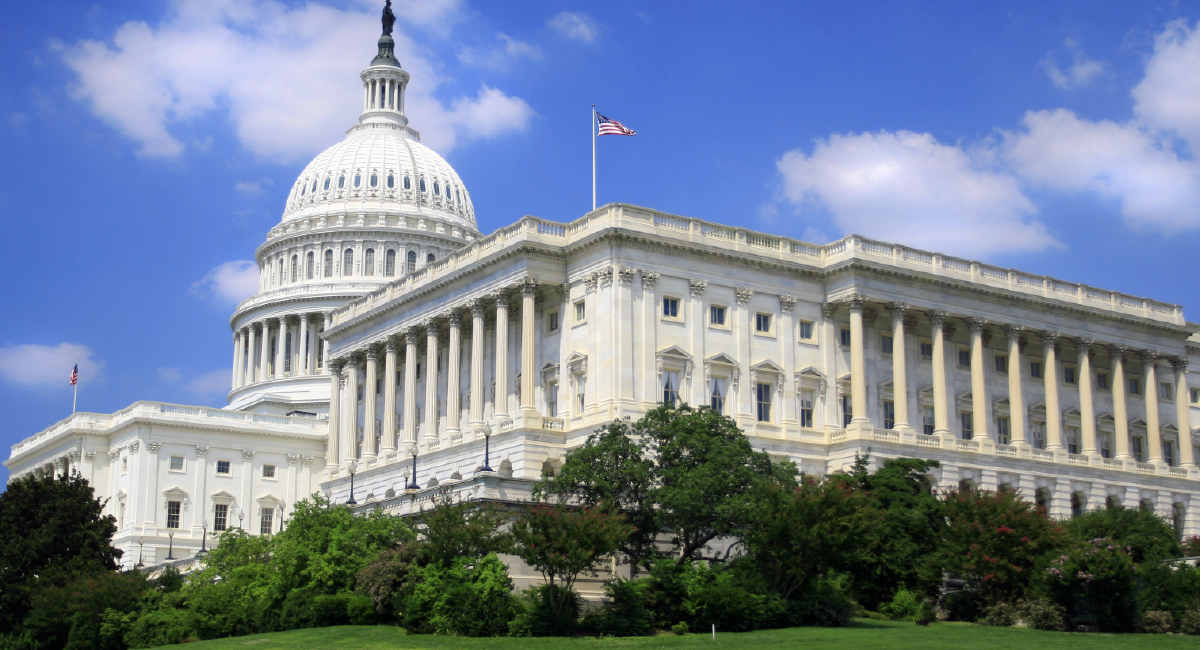With the election of Donald Trump as the 45th President of the United States, it is unclear how much the world of education will likely change. During the campaign, the president-elect made several statements about his policy preferences. He stated that “we need to fix our broken education system and keep it local.” He believes the Common Core is a “very bad thing” and that the U.S. Department of Education should be streamlined, or possibly eliminated.
Before election day, Donald Trump released an outline of his education priorities that lean heavily on providing students with more school choice. He echoed this sentiment in his Contract with the American Voter which outlines his agenda for his first 100 days in the White House. In his proposal, he calls for a federalinvestment of $20 billion for school choice programs. This will be done, according to the plan, by reprioritizing existing federal dollars.
The distribution of funding will favor states that have private school choice, magnet schools and laws that encourage charters. His plan would establish the national goal of providing school choice to all 11 million school aged children living in poverty. It is uncertain how this additional funding will materialize, but the idea of adding a Title I portability provision to the Every Student Succeeds Act has been discussed by his advisors.
In regards to the launch of the Every Student Succeeds Act or ESSA, Gerard Robinson, who is one of Trump’s transition team education leaders believes that the president-elect respects that ESSA was passed by a bipartisan effort and that he doesn’t expect him to become deeply involved in ESSA’s initial implementation. With ESSA’s promise to put more control into state and local hands, Robinson proclaims that it will be a good time to be a state school officer.
Soon the White House and Congress will be under the complete control of one party. This will give President-Elect Trump the opportunity to advance a large portion of his agenda. This could mean additional support for magnet schools in one form or the other. The Republican National Committee platform details its support for school choice including home-schooling, career and technical education, private or parochial schools, magnet schools, charter schools, online learning, and early-college high schools. The Speaker of the U.S. House of Representatives, Paul Ryan has also expressed his support of school choice policies that favor charter and magnet schools.
As the presidential inauguration quickly approaches in January, all attention is now focused on who will be chosen to be the next U.S. Secretary of Education. At this time, Success Academy Charter Schools founder and CEO, Eva Moskowitz, Tony Bennett, who is the former Education Commissioner of Florida and Indiana; former DC School Chancellor, Michelle Rhee; the Chairman of the Congressional School Choice Caucus, Rep. Luke Messer from Indiana; Betsy DeVos and Kevin Chavous from the American Federation for Children; and Ben Carson are all thought to be on the short list for this position. Ben Carson, however, recently stated he is not considering the post because of his lack of experience running a federal agency.
Regardless of who is chosen, the presidential honeymoon period is always short and with a budget still left to complete, ESSA state plans pending future review, and a wide range of other policy issues waiting at the doorstep this individual will have to hit the ground running.


